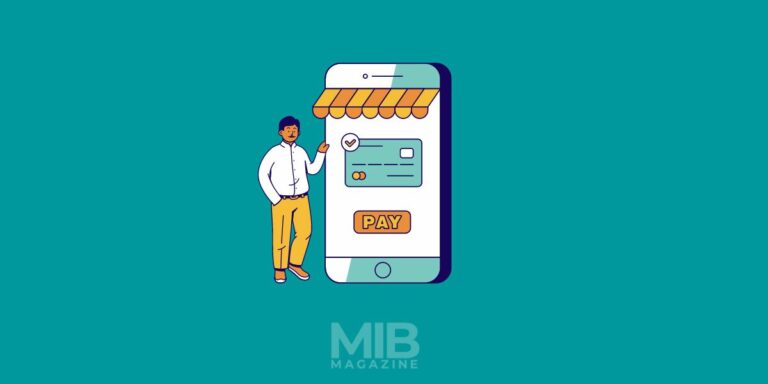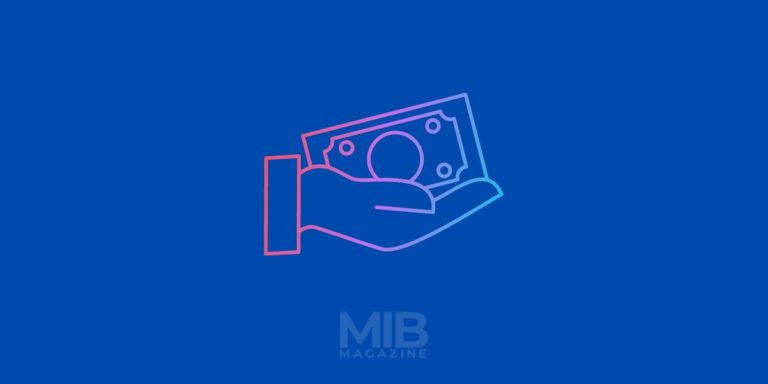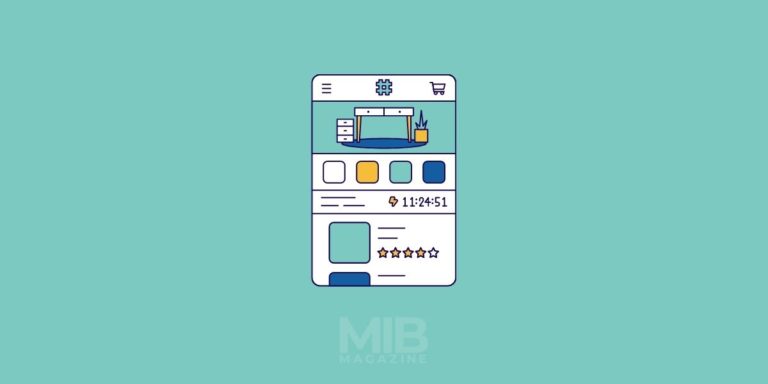Business Planning Software Vs. Self-Business Planning – Which One is Better?

Ready to write the business plan of your first business? Excited? Nervous? Confused? It is okay to experience a few of these emotions, but you have to keep going. Fix a date and time as per the convenience of you and your business partners. It might happen that you won’t be able to finish off all the planning within one day, and it could be exhausting for all of you. Hence, we suggest time-blocking your calendar with a few time slots, enabling you to plan with a fresh state of mind each time.
Let us get to the core question of this post. Do you need business planning software to achieve efficiency and accuracy in your plans? You will also cut on time and have a defined approach. Another option is to join the old school and plan all by yourself. You will need a laptop, or you can go more primitive and choose pen and paper instead.
In this post, we will discuss the striking pros and cons of each of these alternatives. We do not strongly stress any of these as it depends entirely on your preferences and nature of the business to choose one option. Let us begin with the comparison.
Business Planning Software
Instead of hiring an expert to write the business plan, you can seek the help of software instead and save the expertise costs. A good business plan software will possess all the characteristics and features to craft out a business plan efficiently and in the least possible time. You can use this neatly drafted plan to share with your investors and use it as a roadmap to your future business operations. Before you decide to adopt this software or stop thinking of it, let us go into the pros and cons.
Pros of Business Planning Software
- It helps in lowering start-up costs, especially if you have a minimal budget.
- If you need a plan for yourself and not share it with others, you can opt for the easiest option.
- It acts as a guide in all the steps of writing a business plan.
- It does certain tasks automatically, and you don’t have to bother about the same every time.
- The outlines are already mentioned in the plan. Similarly, accounting and financial statement generation is managed by the software itself.
- Graphical representations such as charts and tables are automatically done as you press the buttons.
- The update feature helps you to make your plan dynamic as per the growing business and changes in external circumstances.
Cons of Business Planning Software
- There will always be a lack of expertise as you don’t hire an expert but expect the software to understand business scenarios.
- You can do this job for free and save money on the software purchase.
- Some plans do not offer technical support.
- Lack of flexibility is a big disadvantage.
Self-Business Planning
When you do not hire an expert and do not buy software, but do the planning by yourself with the help of your business partners, it is self-business planning. It comes with a range of pros and cons, as discussed below. However, you have to understand that it could be too simple and too complicated depending upon the nature of your business.
Pros of Self-Business Planning
- You have the utmost flexibility to write this plan from scratch. No one will dictate you about the outline, and if you love freedom, this is the best option for you.
- You will save a considerable amount of money as software and expertise do tamper with your wallet. If you have a minimal budget and want to save on start-up expenses, self-business planning is the best.
- If you plan to start a small business or a home business model, you can go for this. You might not need expertise; conscious thinking is sufficient.
- You can tweak the plan as per the change you make in your mission.
- You can seek help from internet resources such as business plan templates and business plan writing guides without spending a dime on them.
- If you have an expert who provides you suggestions for free, you do not need software to outline them.
Cons of Self-Business Planning
- Even if you save a lot of money, the question of expertise will always arise.
- If you have a serious business idea in your mind, you cannot risk it with self-planning. You will surely need a concrete plan to guide your operations.
- Your plan might not withstand the flexible business environment as you are not aware of what goes around in the business world.
- You might have to do repetitive tasks such as outlining, and numbering which the software can do easily.
Which one is the winner?
- First, no alternative wins or loses. Each alternative is suitable for a certain type of business. It depends on your budget, requirements, and nature of the business which alternative to pick up.
- As everything depends on the ‘if’ scenarios, it might be hard to stick to one alternative. For instance, if you have the budget, you can hire an expert and buy software. In case you do not have a massive budget, doing it all by yourself is the ultimate choice you have.
- Even when you pick business planning software, you cannot randomly choose any of the software. You will have to analyze a few, read the reviews, and decide which one is suitable for your business type and budget.
- As you decide to plan by yourself, you will have to follow a defined process of certain steps such as fixing a date, picking up the writing methods, mentors to seek advice, etc.
- The business plan writing process is cumbersome. However, remember that it is the roadmap of your venture, and you cannot afford to make errors. Be wise and take conscious decisions along the way.
Wrapping it up, we hope the above comparison helps you to make a good, informed decision.
FAQs
Software-based business planning offers a number of advantages, such as ease of use and interpretability, automated financial modeling, and access to sophisticated analytics. Additionally, software-based business planning is typically more cost-effective and efficient than manual business planning.
Self-business planning offers the advantage of complete customization, as the individual is free to define their plan to suit their own preferences, needs, and goals. Furthermore, self-business planning allows individuals to be more hands-on in their planning process and gives them greater control over the outcome of their plan.
For self-business planning, one can use basic tools such as a spreadsheet or accounting software, or more advanced options such as business plan software or cloud-based plan development toolkits.
A software-based plan typically includes tasks such as market analysis, financial forecasting, team formation and management, product development, and sales/marketing plans.
One of the possible drawbacks to software-based business planning is the cost, as software development and license fees can be quite expensive. Additionally, software-based business planning may require users to be of a higher technical proficiency in order to understand and use the software.
Self-business planning requires more time and effort from the individual compared to software-based business planning. Furthermore, while self-business planning may be more customizable, it may result in an incomplete business plan due to lack of technical expertise and experience.
Building a business plan involves making decisions such as determining the target market, outlining operational processes, projecting costs and revenue, and outlining the action plans to meet identified goals.
Yes, it is possible to switch between software-based business planning and self-business planning at any time, depending on the need.
The time it takes to create a software-based business plan can vary depending on the scope and complexity of the plan. Generally speaking, software-based business plans can take anywhere from a few hours to several weeks to create, depending on the tasks necessary to put the plan together.
10. Self-business plans can generally take anywhere between a few days and several months to complete, depending on the scope and complexity of the plan. Additionally, the amount of time it takes to create a self-business plan depends on the individual’s knowledge and experience in creating a plan.






